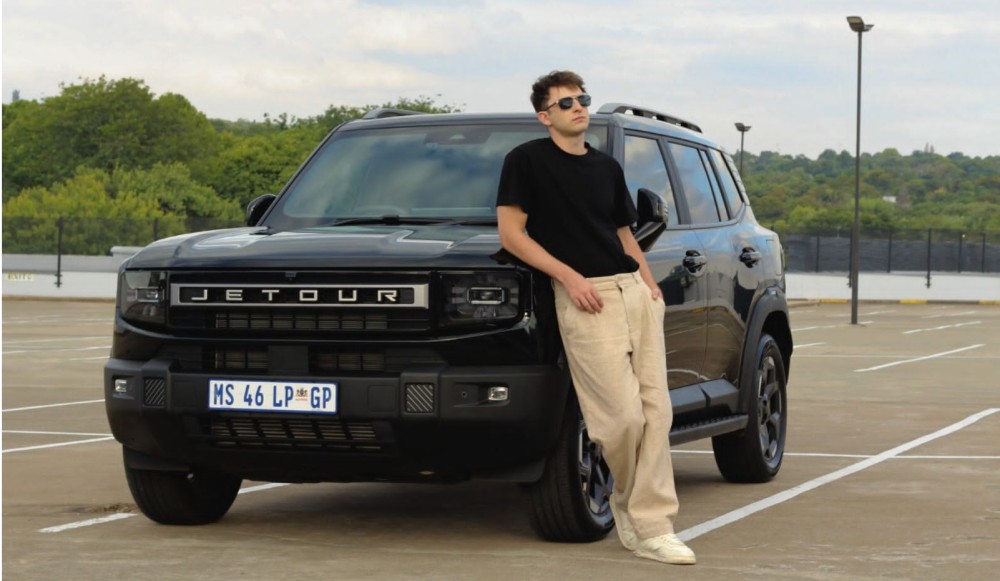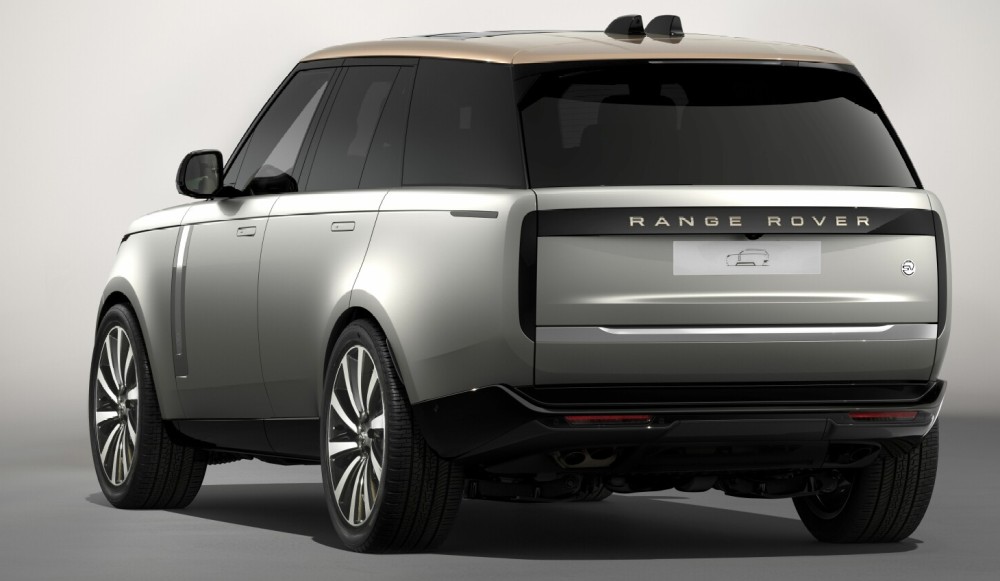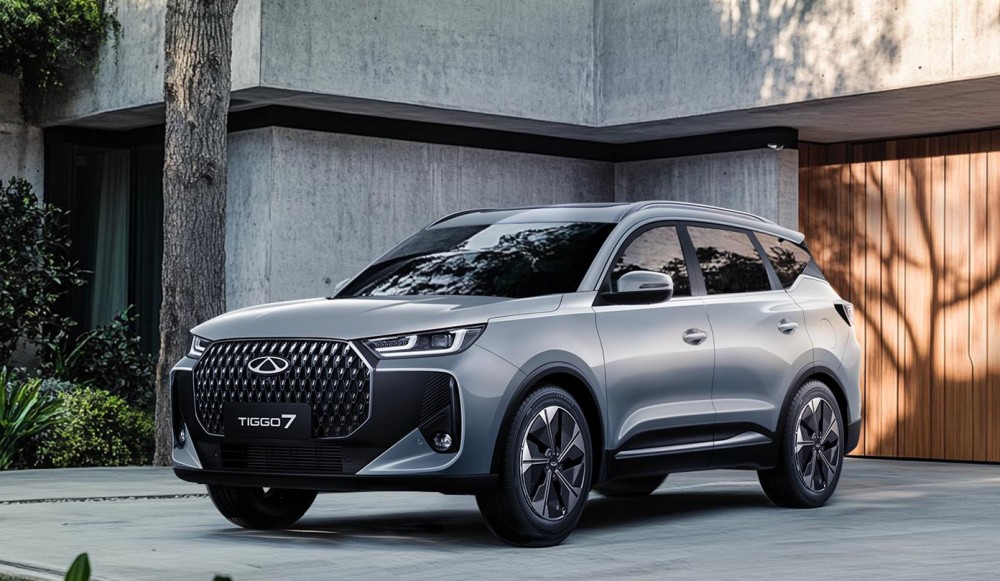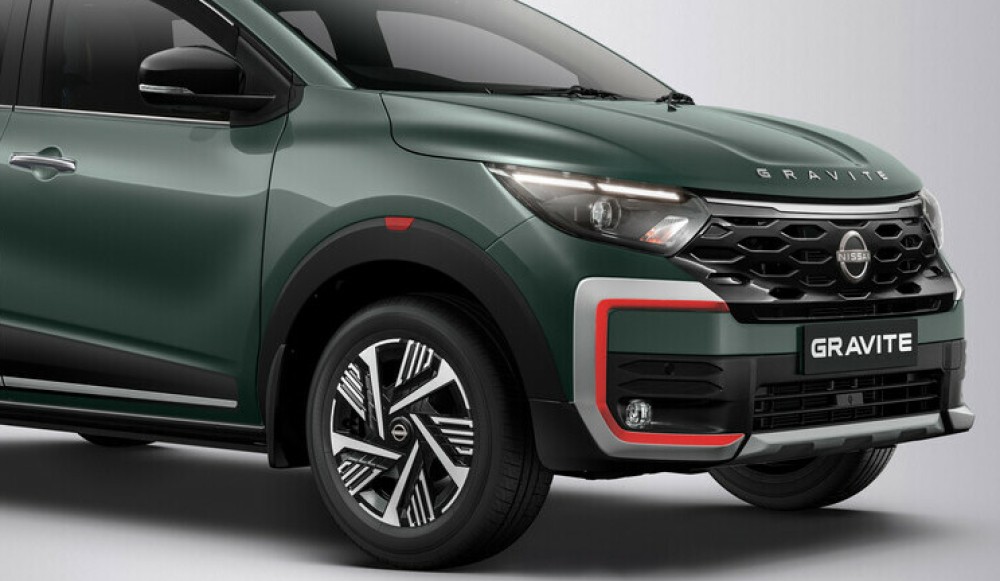Luxury car manufacturer Jaguar Land Rover (JLR) has achieved a breakthrough in sustainable automotive manufacturing, successfully developing a closed-loop recycling process for polyurethane seat foam. In collaboration with Dow’s MobilityScience and automotive seating specialist Adient JLR has reintegrated recycled foam from end-of-life vehicles into the production of new seats — a first for the industry.
The company is currently testing the recycled material in its production lines, with plans to trial the process on pre-production vehicles in early 2024. Polyurethane foam, known for its durability and difficulty to recycle, typically ends up in landfill where it persists for generations. JLR’s closed-loop approach aims to reduce emissions, eliminate waste and secure a sustainable supply of low-carbon seat foam.

Plenty on offer from Jaguar - just click here and make the leap
The new foam is a key component of JLR’s forthcoming “circular seat,” which is projected to halve carbon emissions associated with production, saving over 44 kg of CO2e a seat. This is equivalent to the emissions from charging nearly 3 000 smartphones.
Andrea Debbane, JLR’s Chief Sustainability Officer, hailed the initiative as a critical step in reshaping the industry.
“This breakthrough underscores our commitment to rethinking every aspect of vehicle design and production. Collaboration across recycling, materials science, and engineering is essential to achieving meaningful change and advancing circularity in the automotive sector,” she said.
JLR’s breakthrough is the result of intensive research at its Circularity Lab in Gaydon. The lab focuses on developing methods to reduce waste and increase the recyclability of luxury vehicles, addressing long-standing challenges in the industry.

Great insurance deals to fully cover your new pride and joy - click here
Many vehicles are traditionally built with complex materials and adhesives that make recycling difficult, but JLR’s teams are pioneering solutions to these barriers.
By feeding insights from the lab into vehicle development, JLR has already made strides in areas beyond seat foam. For instance, tests on front bumpers demonstrated that using fewer polymers could achieve equivalent performance while saving 177 500 kg of CO2e and R11 200 000 in production costs.
The company has also implemented closed-loop innovations in aluminium body panels, recycling waste from production back into new panels through supply chain collaboration.
Colin Windell for Colin-on-Cars in association with
proudly ALL THINGS MOTORING








